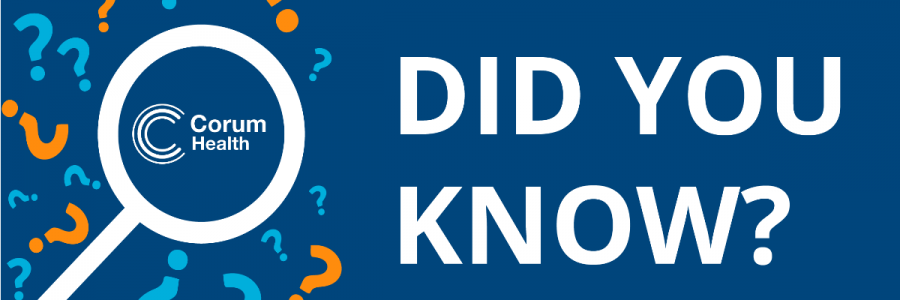
Did You Know That Data Loss Can Disrupt Your Pharmacy's Operations?
Authored by David Carroll and Tim Patterson
Have you taken the time to think about the importance of technology and data to your pharmacy business?
If you run a quick assessment of the two most significant risks to your business, you will find that they are directly related to Data Loss and Data Breaches.
You cannot dispense without a computer connected to other computer systems or devices for printing, to access online services such as PBS, My Health Record, e-scripts, and many other online services.
Your pharmacy computers also hold a lot of sensitive information. Your patients’ contact details, email addresses, phone numbers, Medicare number, and various potentially sensitive information about their medical conditions.
The failure of your technology, or the loss of critical data, can impose a substantial financial and operational cost on your pharmacy. The amount of data you lose and how quickly and efficiently you can recover the data to a working state will determine the magnitude of the cost.
A severe disruption and loss of data, such as from a cyber breach or ransomware attack, could cause significant downtime in daily operations and loss of financial revenue.
Additionally, if you do not have a business continuity plan in place, you will likely lose customers and their trust causing long-term damage to your business.
Confidentiality, Integrity, And Availability
Data security is all about confidentiality, integrity, and availability.
– Confidentiality – Providing access to only those authorised personnel who need the access.
– Integrity – Keeping the information accurate and complete.
– Availability – Making sure the information is available to those who need it when they need it.

When thinking about protecting your business and your customer’s data, you need to take a few pages from the data governance strategies of large enterprises. They will have a holistic approach to managing and protecting the data within their systems.
They have persons responsible for cyber security for privacy; they have information owners and information managers, people responsible for worst cases scenarios such as natural disasters and failures of their technology systems so that they can maintain operational activities, even if that means using manual processes.
While it is unlikely that you will be able to assign these roles to staff in your pharmacy, you can think about the key risks to your pharmacy and put some plans and protections in place. We recommend starting with these 4 keys areas:

One way to ensure you know where your critical data is stored in your pharmacy is to centralise the information on a server or master computer. This system can then be protected with robust cyber security controls, regularly backed up and protected from threats. For the best security, this central server should not be used for daily dispensing, and access to log on should be tightly controlled and monitored.
Other areas to consider are ensuring you have the appropriate policies and plans in place to deal with critical data risk situations. We recommend that you have pharmacy-specific cyber security policies and procedures to deal with a breach, an IT disaster recovery plan, and a business continuity plan. You should also ensure that the key staff in your pharmacy are aware of the policies and procedures and know how to enact them if you are not there.
If you are worried about the security of your pharmacy systems and want to know you can implement strong backup systems in your pharmacy and protect yourself from ransomware, speak to your Corum Customer Success Manager or contact us on 1300 669 865.
